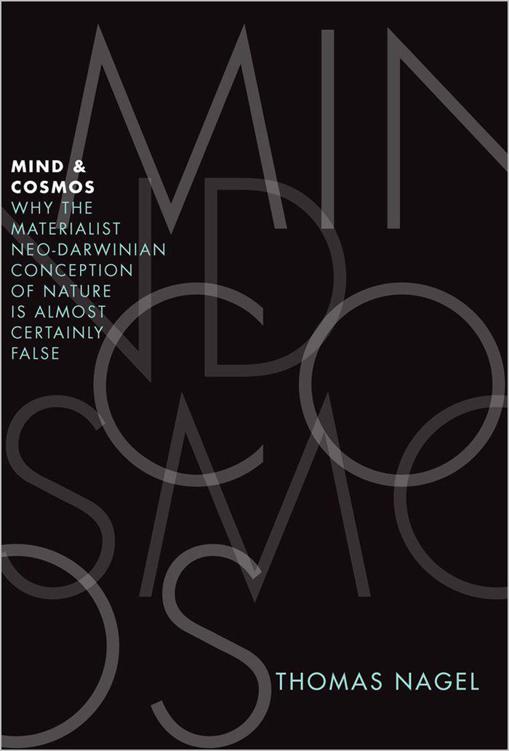

Most ebook files are in PDF format, so you can easily read them using various software such as Foxit Reader or directly on the Google Chrome browser.
Some ebook files are released by publishers in other formats such as .awz, .mobi, .epub, .fb2, etc. You may need to install specific software to read these formats on mobile/PC, such as Calibre.
Please read the tutorial at this link: https://ebookbell.com/faq
We offer FREE conversion to the popular formats you request; however, this may take some time. Therefore, right after payment, please email us, and we will try to provide the service as quickly as possible.
For some exceptional file formats or broken links (if any), please refrain from opening any disputes. Instead, email us first, and we will try to assist within a maximum of 6 hours.
EbookBell Team

4.0
96 reviewsThe modern materialist approach to life has conspicuously failed to explain such central mind-related features of our world as consciousness, intentionality, meaning, and value. This failure to account for something so integral to nature as mind, argues philosopher Thomas Nagel, is a major problem, threatening to unravel the entire naturalistic world picture, extending to biology, evolutionary theory, and cosmology.
Since minds are features of biological systems that have developed through evolution, the standard materialist version of evolutionary biology is fundamentally incomplete. And the cosmological history that led to the origin of life and the coming into existence of the conditions for evolution cannot be a merely materialist history, either. An adequate conception of nature would have to explain the appearance in the universe of materially irreducible conscious minds, as such.
Nagel's skepticism is not based on religious belief or on a belief in any definite alternative. In Mind and Cosmos, he does suggest that if the materialist account is wrong, then principles of a different kind may also be at work in the history of nature, principles of the growth of order that are in their logical form teleological rather than mechanistic.
In spite of the great achievements of the physical sciences, reductive materialism is a world view ripe for displacement. Nagel shows that to recognize its limits is the first step in looking for alternatives, or at least in being open to their possibility.
Review"A sharp, lucidly argued challenge to today's scientific worldview." -- Jim Holt, The Wall Street Journal
"Mind and Cosmos, weighing in at 128 closely argued pages, is hardly a barn-burning polemic. But in his cool style Mr. Nagel extends his ideas about consciousness into a sweeping critique of the modern scientific worldview." -- The New York Times
"His important new book is a brief but powerful assault on materialist naturalism... [Nagel has] performed an important service with his withering critical examination of some of the most common and oppressive dogmas of our age." -- The New Republic
"[This] short, tightly argued, exacting new book is a work of considerable courage and importance." -- National Review
" Provocative... Reflects the efforts of a fiercely independent mind." -- H. Allen Orr, The New York Review of Books
"A model of carefulness, sobriety and reason... Reading Nagel feels like opening the door on to a tidy, sunny room that you didn't know existed." -- The Guardian
"Fascinating... [A] call for revolution." -- Alva Noe, NPR's 13.7
"The book's wider questions - its awe-inspiring questions - turn outward to address the uncanny cognizability of the universe around us. ... He's simply doing the old-fashioned Socratic work of gadfly, probing for gaps in what science thinks it knows." -- Louis B. Jones, The Threepenny Review
"[Attacks] the hidden hypocrisies of many reductionists, secularists, and those who wish to have it both ways on religious modes of thinking ... Fully recognizes the absurdities (my word, not his) of dualism, and thinks them through carefully and honestly."--Tyler Cowen, Marginal Revolution
About the AuthorThomas Nagel is University Professor in the Department of Philosophy and the School of Law at New York University. His books include The Possibility of Altruism, The View from Nowhere, and What Does It All Mean?: A Very Short Introduction to Philosophy. He is a Fellow of the American Academy of Arts and Sciences and a Corresponding Fellow of the British Academy. In 2008, he was awarded the Rolf Schock Prize in Logic and Philosophy and the Balzan Prize in Moral Philosophy.